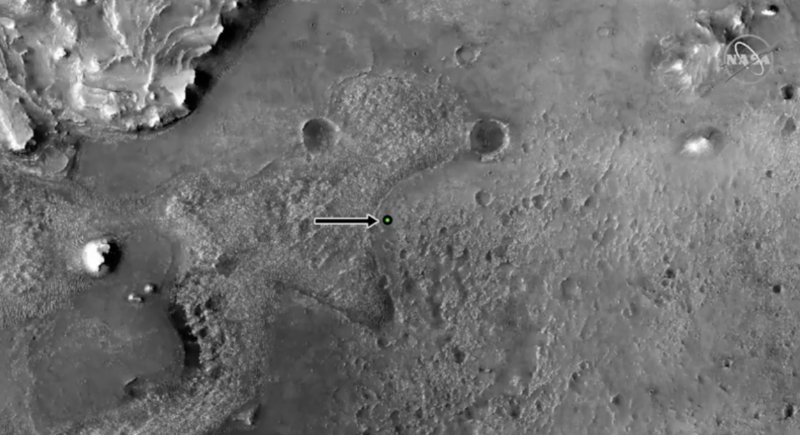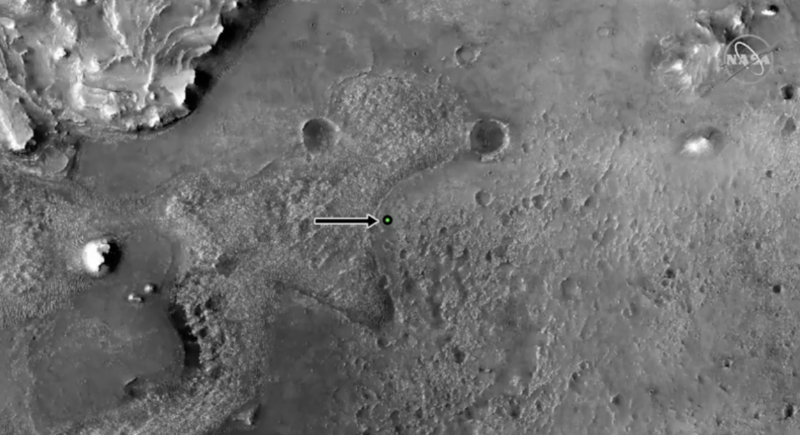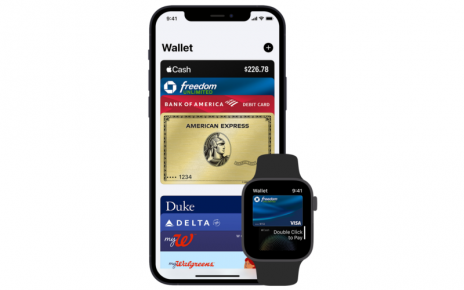
Enlarge / Perseverance has landed about two kilometers from a delta system, shown in the upper left of this image.
In their first press conference following Perseverance’s successful landing on Mars, NASA and JPL scientists revealed some information on where the rover landed and what to expect for the next several days and weeks as it begins its mission in earnest.
Pics or it didn’t happen
One of the first orders of business is getting some of the images, audio, and video taken during the landing back to Earth. For now, doing so requires using a low-gain antenna to transmit data to some of the hardware in orbit around Mars. Jennifer Trosper, the deputy project manager for the rover, said that the Mars Odyssey orbiter should have a brief pass overhead within the next few hours, followed by the Mars Trace Gas orbiter, which will have a longer overflight and grab larger amounts of data. Matt Wallace, another deputy project manager, said that should be enough to allow NASA to release video of the landing on Monday.
Long-term, however, communications will rely on a high-gain antenna that will allow direct communications with Earth. That will require pointing, which means understanding the rover’s current orientation on Mars’ surface, which the team has inferred from the shadows cast in the first images sent down. Incidentally, those were taken with transparent lens caps on the Perseverance’s navigation cameras, so we can expect better images once those are removed.





